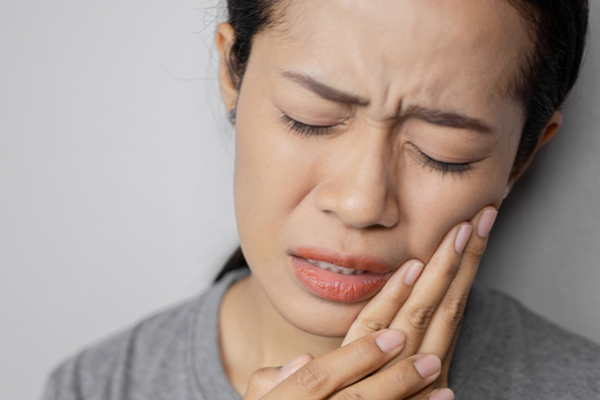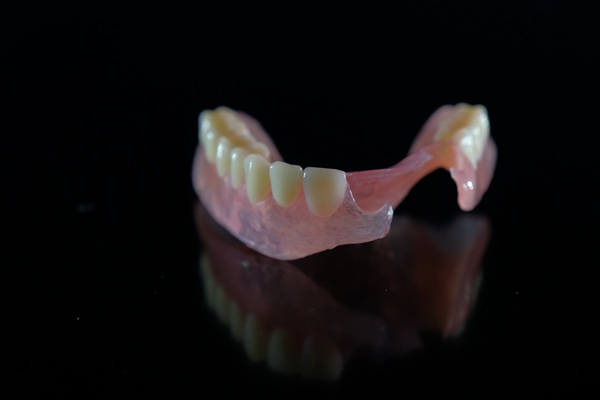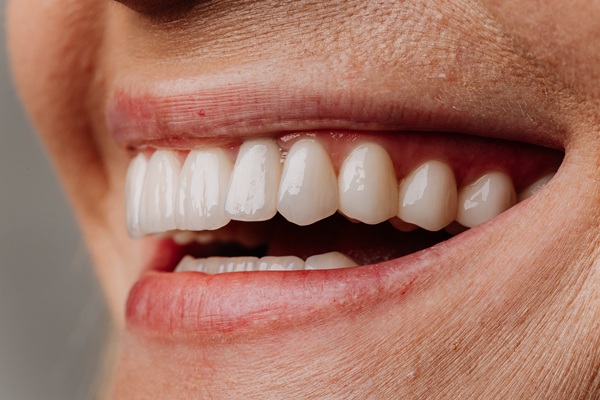Important First Steps If You Have a Dental Emergency

Anyone who has experienced a Dental Emergency can attest it is not fun. Not only is it painful, but it can also be scary. Even those who take good care of their teeth can experience a dental trauma, but the situation can be less stressful if one knows what to do.
Steps to take with a dental emergency
Following the appropriate steps can determine what type of help is needed and what other things can be done to get temporary relief.
Take some deep breaths
One thing that many people do who are experiencing a dental emergency is to panic. However, this is one of the worst things to do, because anxiety can activate body responses that can aggravate the situation. Take deep breaths and try to keep calm.
Determine type of emergency
Some emergencies require immediate attention, while others can wait a couple of days. Examples of non-urgent emergencies include a toothache, cracked tooth, damaged night guard or lost filling. Urgent situations include bleeding that will not cease, a broken jaw, a knocked out permanent tooth, a painful toothache and severe swelling.
Contact an emergency dentist
One thing to keep in mind is not all dentists handle emergency cases, so make sure to find one that does. If it is an urgent dental emergency, it is important to get in right away. If it is after hours or the dentist is unable to take immediate appointments, go to the emergency room.
If the situation is not pressing, explain to the dentist what is going on and set up an appointment for the next available opening. If it is the weekend, and the pain is bearable, it is usually OK to wait a couple of days.
Manage pain at home
There are certain things that can be done at home while waiting for an appointment or to help minimize long-term consequences if on the way to the ER. For a permanent tooth that has fallen out, it is important to keep it from drying out. Place the tooth back into the socket or into the cheek as soon as possible. If not, place it in a cup of milk or warm water.
Dental cement can be found over the counter, and it helps in a couple ways. Use it to affix a lost crown back onto the tooth. Dental cement also helps to cover a cracked tooth so it does not damage any other part of the mouth or tongue. If no cement, toothpaste can be used for the crown, and chewing gum on the broken tooth.
Pain and swelling can be very uncomfortable, and there are numerous remedies to help relieve them. Use an OTC or topical pain reliever and/or apply a cold compress to the area. Warm, salted water can also be swooshed around to help ease the pain.
Conclusion
When handled correctly, a dental emergency can be dealt with quickly and with minimal long-term consequences. Make sure to identify which emergencies need immediate attention and which can wait a little while.
Request an appointment here: https://babylonsmiles.com or call Edward Zeva D.M.D. at (631) 773-1094 for an appointment in our Babylon office.
Check out what others are saying about our dental services on Yelp: Emergency Dental Care in Babylon, NY.
Recent Posts
Routine dental care may be on hold, but you might wonder about emergency dentistry. If you have a dental emergency, you can still get the care you need. This is even more the case if you have a life-threatening issue, such as an infection. Read on to learn more about what to do if you…
If you experience a dental emergency like a knocked-out tooth or severe tooth pain, your best bet is to visit the emergency dentist. However, some people opt to visit the ER for such emergencies, eventually wasting time and money. It is more vital than ever to know where to go when you experience serious issues…
The pandemic has resulted in a stressful time for everyone in the world, and, for many people, this stress can result in orofacial pain.A study published in the Journal of Clinical Medicine took a look at patients in two countries and examined how the stress of COVID-19 lockdowns may have caused an increase in jaw-clenching,…
Curious about emergency dentistry during the coronavirus (COVID-19) disease pandemic? The COVID-19 outbreak has caused many dentists to limit their elective services and transition into only treating patients who need emergency dentistry. Due to this, it is important for people to understand what constitutes a dental emergency. One of the more common oral health concerns…


